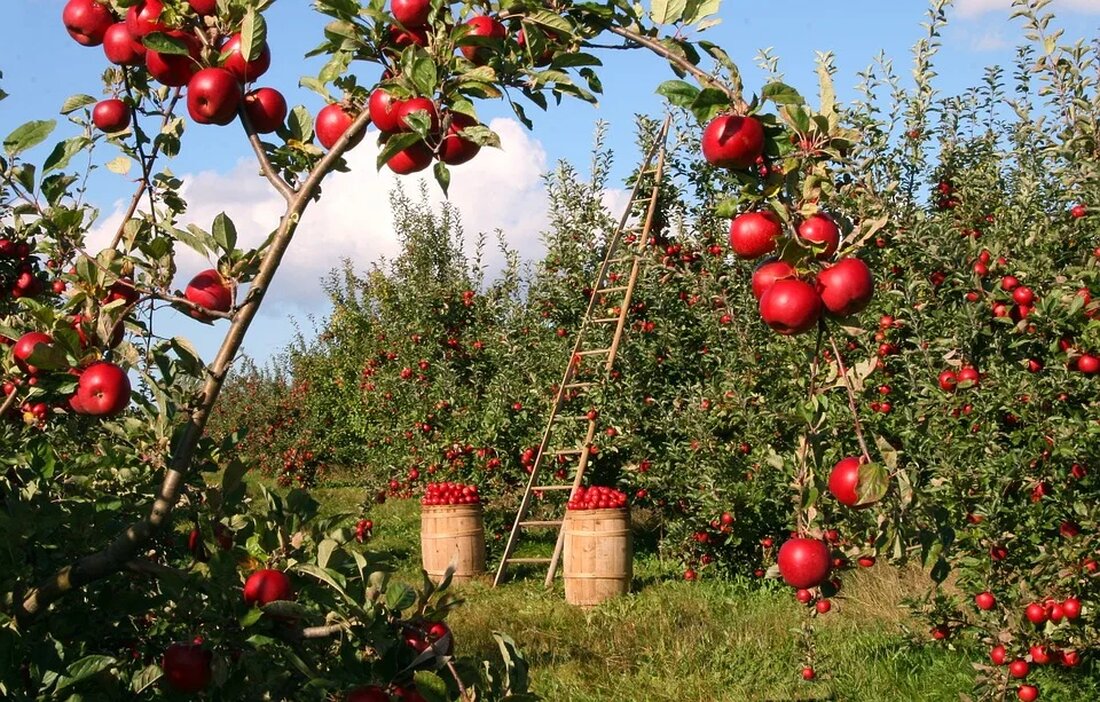The microbiome and probiotic foods
The microbiome and probiotic foods Our body is populated by a variety of microorganisms called the microbiome. This complex ecosystem plays an important role in our health - from digestion to strengthening our immune system. One way to positively influence the microbiome is to consume probiotic foods. In this article, we'll take a closer look at the microbiome and probiotic foods and how they can support our health. What is the microbiome? The microbiome consists of all microorganisms, including bacteria, viruses, fungi and other protozoa that populate our bodies. Most of these microorganisms are found in...

The microbiome and probiotic foods
The microbiome and probiotic foods
Our body is populated by a variety of microorganisms called the microbiome. This complex ecosystem plays an important role in our health - from digestion to strengthening our immune system. One way to positively influence the microbiome is to consume probiotic foods. In this article, we'll take a closer look at the microbiome and probiotic foods and how they can support our health.
What is the microbiome?
The microbiome consists of all microorganisms, including bacteria, viruses, fungi and other protozoa that populate our bodies. Most of these microorganisms are found in our digestive tract, but our skin, mouth and other areas of the body also harbor large numbers of microbes.
The microbiome has a variety of functions in the body. It helps digest food, synthesize certain vitamins and strengthen our immune system. It also plays an important role in maintaining a healthy weight, regulating metabolism, and fighting pathogens.
The importance of a healthy microbiome
A healthy microbiome is crucial to our overall health. When the balance of microorganisms is disturbed, it can lead to various health problems. An imbalance in the microbiome, known as dysbiosis, has been linked to conditions such as inflammatory bowel disease, allergic reactions, obesity and even mental disorders.
A healthy diet, enough exercise and a balanced lifestyle can help maintain a healthy microbiome. Another way to support the microbiome is to include probiotic foods in your diet.
What are probiotic foods?
Probiotic foods are foods that contain live microorganisms that provide health benefits when consumed. These microorganisms are often specific strains of bacteria that occur naturally in our microbiome. Probiotic bacterial strains, such as the Lactobacillus and Bifidobacterium species, are common representatives in probiotic foods.
The effect of probiotic foods on the microbiome
Probiotic foods have various effects on the microbiome. They can promote the growth of beneficial microorganisms, restore the balance of microbes in our intestines and reduce inflammatory processes. These effects may help improve the health of the microbiome while promoting host health.
Types of Probiotic Foods
There are a variety of probiotic foods that are traditionally consumed in different cultures and regions around the world. Here are some examples:
yogurt
Yogurt is one of the most well-known probiotic foods. It is produced by fermenting milk with probiotic bacteria, particularly Lactobacillus acidophilus and Bifidobacterium. Yogurt is rich in protein, calcium and vitamin B12 and can improve digestive health.
sauerkraut
Sauerkraut is a fermented vegetable and a popular side dish in many European cuisines. It is made by fermenting chopped white cabbage with certain strains of bacteria. Sauerkraut is rich in fiber, vitamins C and K and can promote intestinal health.
Kimchi
Kimchi is a fermented vegetable that is widely used in Korean cuisine. It is made from Chinese cabbage and other vegetables that are fermented with various spices. Kimchi is rich in fiber, vitamin C and contains beneficial strains of bacteria such as Lactobacillus kimchii.
kefir
Kefir is a fermented milk drink that has a similar taste to yogurt. It is made by fermenting milk with kefir cultures. Kefir contains a variety of probiotic bacteria and yeast and is also rich in calcium, vitamin K and phosphorus.
Tempeh
Tempeh is a fermented soy product made from soybeans. It is rich in protein, fiber and various minerals. Tempeh also contains Bacillus subtilis, a probiotic strain of bacteria that may promote digestive health.
Kombucha
Kombucha is a fermented tea drink made from a combination of black or green tea and a live culture of bacteria and yeast. It is rich in antioxidants and can aid digestion.
Choosing and consuming probiotic foods
When choosing probiotic foods, it is important to ensure that they contain live cultures. This may be stated on the packaging. It is also advisable to consume various probiotic foods to accommodate a variety of bacterial strains.
Probiotic foods should be consumed regularly to have a positive effect on the microbiome. It may also be useful to take probiotic supplements, especially during periods of antibiotic treatment or after gastrointestinal illnesses. However, it is advisable to consult a doctor or nutritionist before taking any supplements.
Conclusion
The microbiome plays an important role in our health, and probiotic foods can have a positive impact on the microbiome. By consuming probiotic foods, we can support the health of our microbiome while improving our overall health. Yogurt, sauerkraut, kimchi, kefir, tempeh and kombucha are some examples of probiotic foods that contain a variety of healthy strains of bacteria. It is worth including probiotic foods in our diet to promote healthy intestinal flora.
You can find out more about natural and healthy nutrition in our guide magazine Your-Heilpraktiker.com

 Suche
Suche
 Mein Konto
Mein Konto
